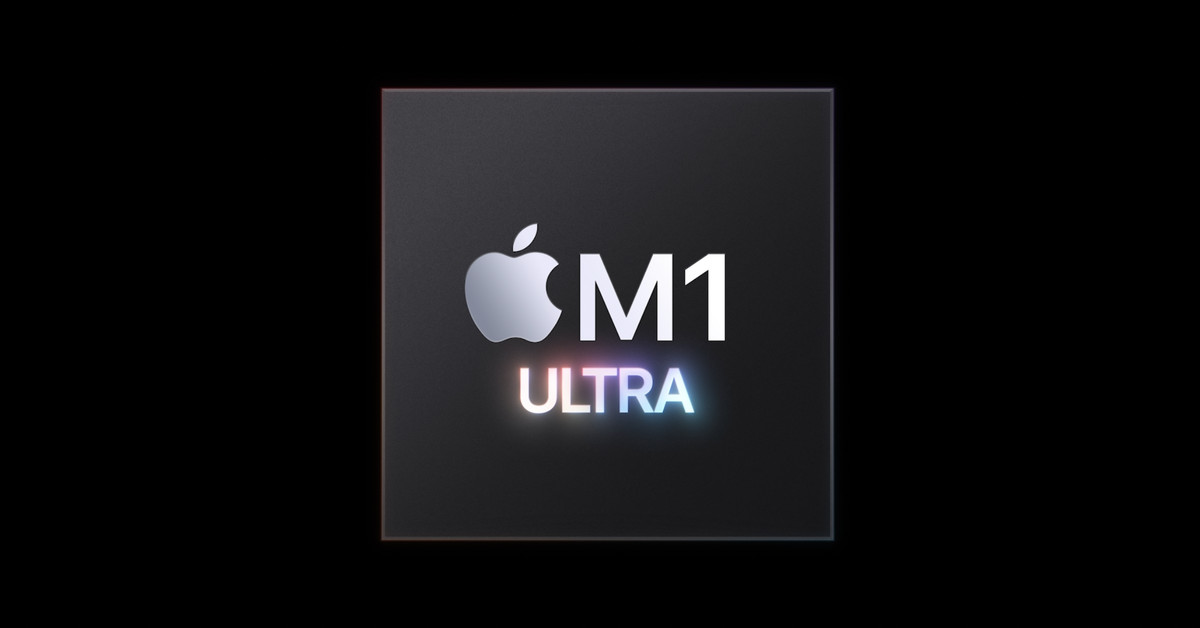There’s a huge amount of new (and expensive) tech behind Avatar: The Way of Water
Avatar: The Way of Water is out December 16th. | Screenshot: Avatar: The Way of WaterThere’s a new trailer out for Avatar: The Way of Water, the upcoming film from James Cameron that is also the sequel to the highest-grossing...
There’s a new trailer out for Avatar: The Way of Water, the upcoming film from James Cameron that is also the sequel to the highest-grossing movie of all time. It’s as visually spectacular as you’d expect while also diving a bit deeper into the family-first story at the heart of the film. Here it is — it’s fun!
However you feel about Avatar as a story (if you even remember the story at all), there’s no denying the technical achievements Cameron and his crew pulled off to make these movies happen. And in an excellent new GQ profile, Cameron explains the AI, algorithms, entirely new cameras, and all sorts of other tech behind this one:
The process for how Cameron builds the Avatar films is complex; it involves creating a data-rich but visually undistinguished package that Cameron calls a template—on which he captures the lighting, performances, and camera moves he wants—which then gets handed over to Wētā to apply algorithms and layers of animation to bring the template to life. “It’s not animation in a Pixar sense where they’re just making stuff up,” Cameron told me. “The actors already defined what they did, but it has to be translated from the captured data to the 3D-CG character. And there’s all sorts of AI steps in there.”
Cameron and his team also built a new camera system with Sony’s Venice cameras, which basically just bolts multiple high-end cameras together to create a stereoscopic 3D system. A few years ago, Cameron specifically praised the cameras’ high dynamic range. Cameron apparently also figured out how to shoot and do motion capture simultaneously above and below the water.
Cameron is famous for essentially being a combination of inventor and director on most of his sets — for the first Avatar movie, for instance, he built a camera rig that let him see characters in their CG environments in real time as he was shooting. He’s also known for having... strong feelings about technology and filmmaking. He was an early proponent of 3D, for instance, but has had harsh things to say about how others have used the technology.
In the GQ profile, Cameron says all this new tech has been a huge amount of work — there’s a great moment where Cameron sees version four hundred and five of a single effects shot — and is a big reason the movie is both incredibly expensive and incredibly late. (And this is only the second of five Avatar movies he’s making, the fourth of which Cameron says is going to be the really wild one.) It’s a fun story with great details, but the most relatable moment comes when Cameron stands in front of a mixing board in a screening room and can’t figure out how to tweak the audio:
“I’m always telling them there’s too many damn knobs,” he said. “I mean you could run a starship with fewer knobs than this.”
This just goes to show: nobody knows what all those buttons do — even if you’re the most successful director of all time.

 Aliver
Aliver 
































